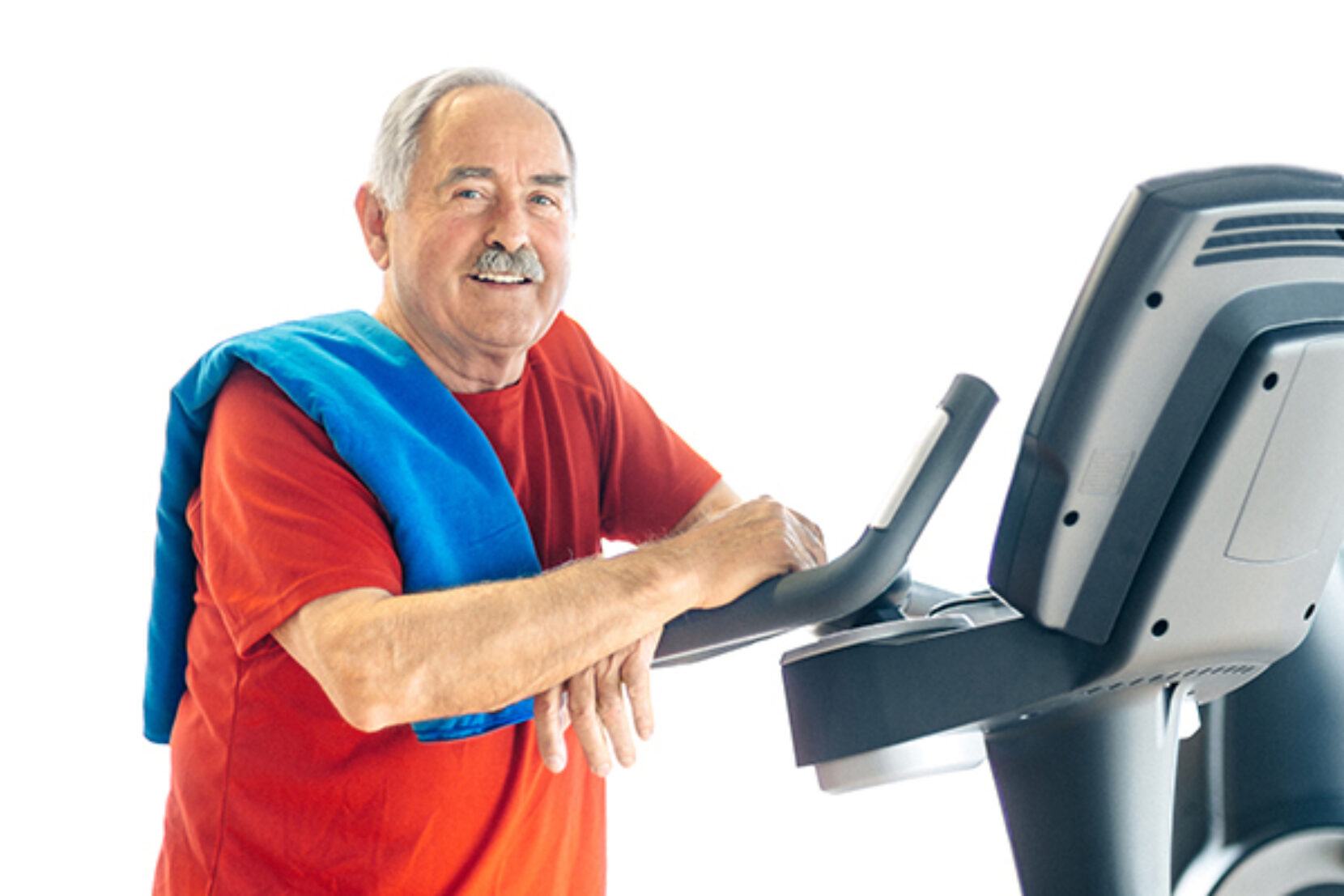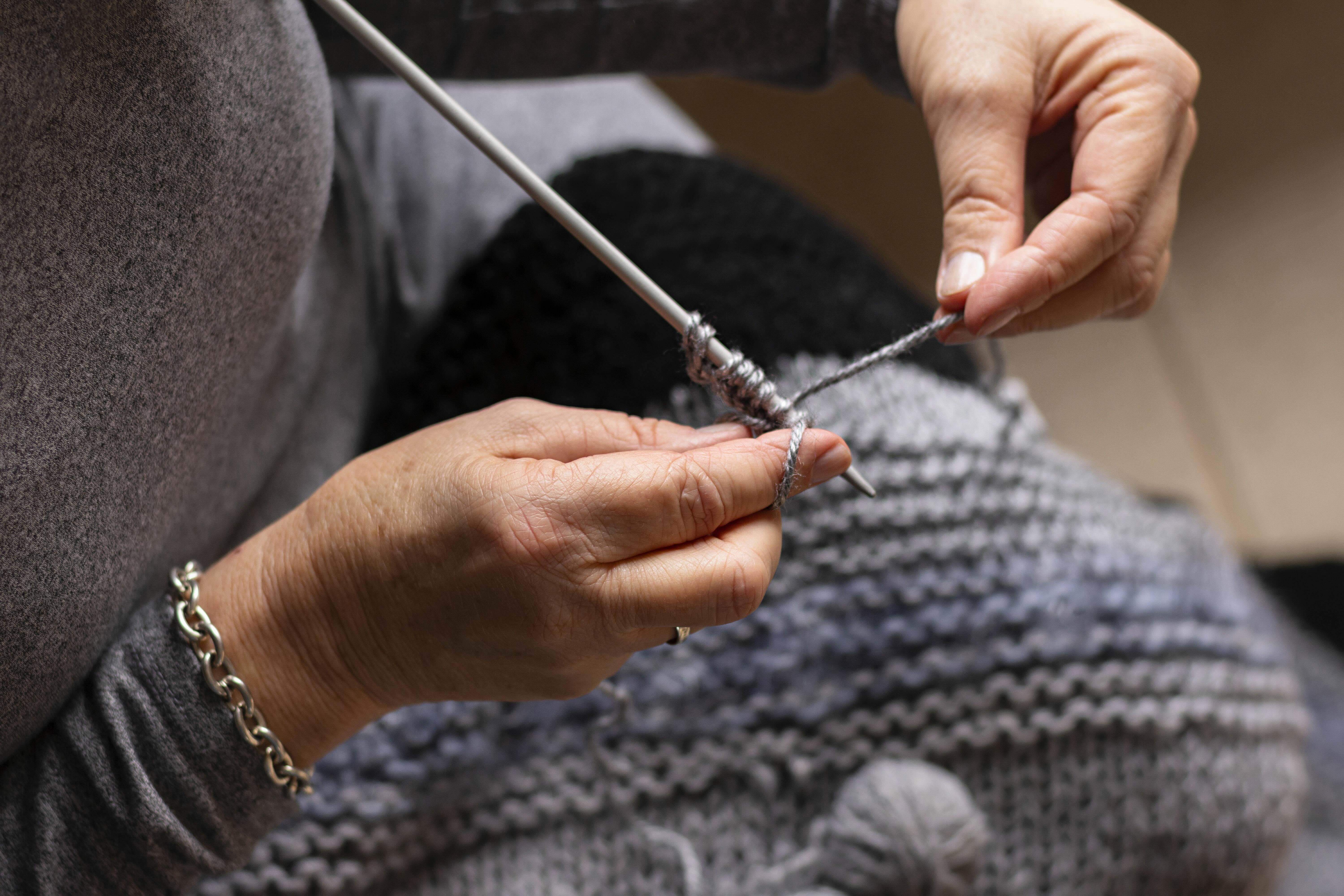Care Blog
Parkinson’s Disease and Exercise: How to Slow Down Symptoms

The particular results of remaining physically active throughout aging are tremendous; however, for those with Parkinson’s disease, exercise may truly be a game-changer in the progression of the disease. Several studies are revealing direct links between physical exercise and Parkinson’s, such as the largest clinical study to date, in which patients who exercised a minimum of 2½ hours per week gained a greater total well-being than those who refrained from exercise. And that’s just the beginning.
The onset of Parkinson’s symptoms happens following a loss in the brain cells that create dopamine. Experts think that exercise enables the mind to revive lost connections, form new ones, and keep those that are still established. Additional research has revealed:
- Gains were occurring in stride length, gait speed and balance after treadmill exercise – after as little as only one session, and lasting for many weeks afterwards.
- Motor function and coordination were enhanced in people who pedaled faster on a stationary bike – again, with results lasting for weeks after the study was over.
- Recognizable improvements in the normalcy of movement were found in individuals with Parkinson’s who engaged in a routine workout program compared to people who did not.
It’s important to note that the results achieved were dependent upon consistent, ongoing exercise. The scientific tests revealed that any protective benefits realized were discontinued after the amount and intensity of exercise was reduced or was implemented for only a brief period of time. The essential criteria for sustainable results appear to be just like those essential to help those who’ve suffered a traumatic brain injury or stroke: intensity, specificity, difficulty and complexity.
Additional research is underway to hone in even further on the benefits of exercise in individuals with Parkinson’s disease, as well as the precise reasoning behind it. For the time being, if your loved one has been diagnosed with Parkinson’s disease, it’s beneficial to consult with his/her primary care physician for a recommended exercise routine.
For assistance with safe, dependable transportation and accompaniment to a doctor’s appointment or exercise program, or encouragement and inspiration to engage in a continuing exercise program at home, call All Care at (541) 857-9195. Our professional in-home care services are available throughout Oregon’s Rogue Valley to enhance total well-being for persons with Parkinson’s disease or any other condition of aging. Call us to learn more.
Share:
Call Us Today
Call us today to schedule a free in-home care assessment so we can help you understand how you or a loved one can have a safe and happy life at home.

Take the Quiz
Let us know what kind of help you might need, and we’ll be back in touch to customize a plan for you.
Take the Quiz
